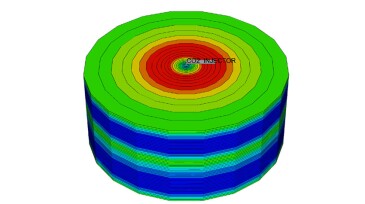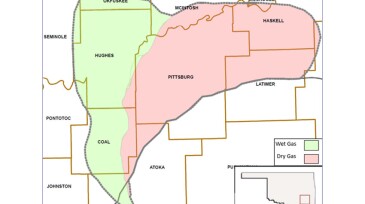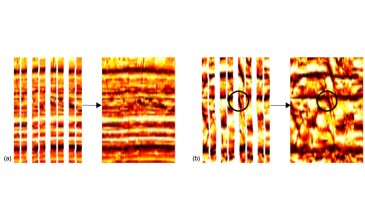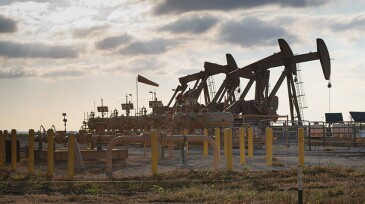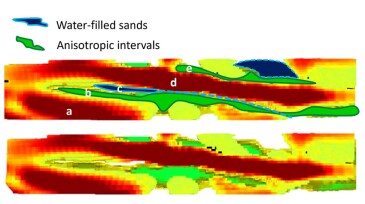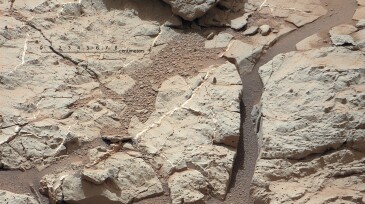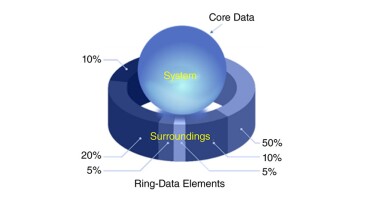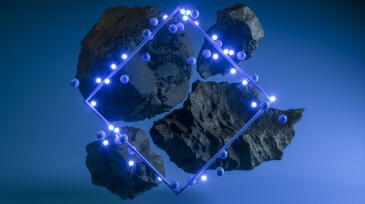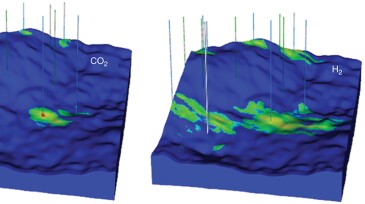Formation evaluation
The new assessment also estimates 28.3 Tcf of technically recoverable gas in the Woodford and Barnett shales.
This paper assesses the technical feasibility of geological carbon storage in the operator’s Brazilian brownfields, focusing on mature oil fields and associated saline aquifers.
This paper discusses cases from the North Sea and offshore California in which high-fidelity pressure and dynamics measurements, combined with high-speed telemetry, helped overcome complex geotechnical challenges.
-
This paper develops a deep-learning work flow that can predict the changes in carbon dioxide mineralization over time and space in saline aquifers, offering a more-efficient approach compared with traditional physics-based simulations.
-
This paper describes an effort to use multiple technologies to better understand an Arkoma Basin reservoir and the interdisciplinary relationship between the reservoir’s subsurface hazards and a stimulation treatment.
-
The authors of this paper propose an artificial-intelligence-assisted work flow that uses machine-learning techniques to identify sweet spots in carbonate reservoirs.
-
The main objective of this paper is to investigate the relationship between strain change and pressure change under various fractured reservoir conditions to better estimate conductive fractures and pressure profiles.
-
The authors of this paper describe an approach in which all available technologies are combined to improve understanding of reservoir depositional environments.
-
The authors of this paper describe a project aimed at automating the task of cuttings descriptions with machine-learning and artificial-intelligence techniques, in terms of both lithology identification and quantitative estimation of lithology abundances.
-
The natural fractures discovered on Mars during rover missions might be so important that they are worth bringing back to Earth.
-
The authors of this paper describe a technology built on a causation-based artificial intelligence framework designed to forewarn complex, hard-to-detect state changes in chemical, biological, and geological systems.
-
Geochemical parameters such as total organic carbon (TOC) provides valuable information to understand rock organic richness and maturity and, therefore, optimize hydrocarbon exploration. This article presents a novel work flow to predict continuous high-resolution TOC profiles using machine learning.
-
Building up the world’s hydrogen base will need technological breakthroughs and a lot of new demand. But to store it, the world needs reservoir engineers and other subsurface experts.




